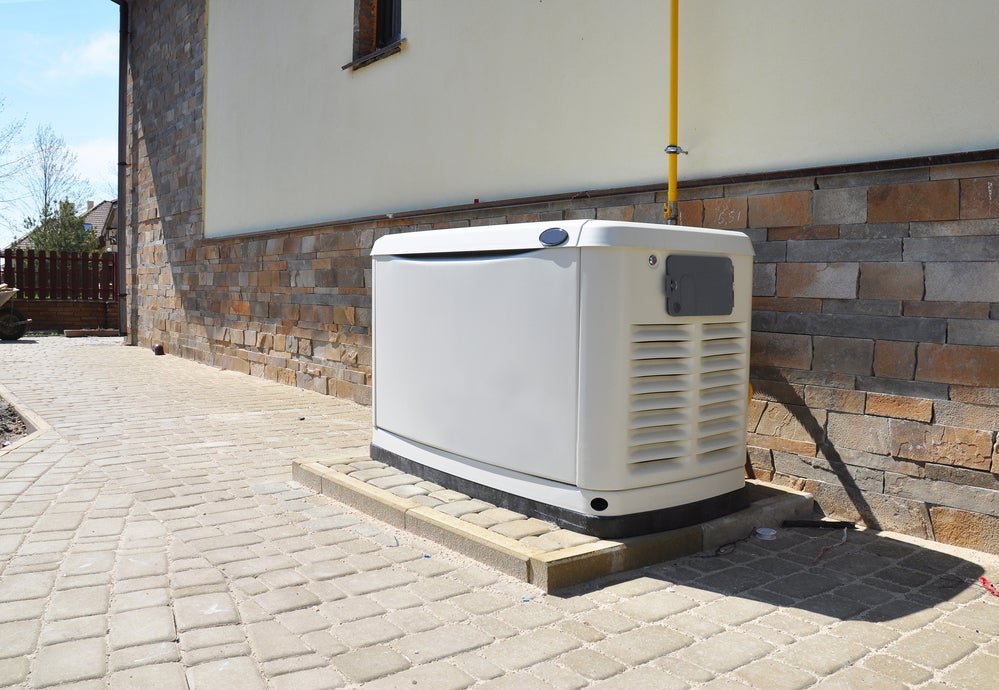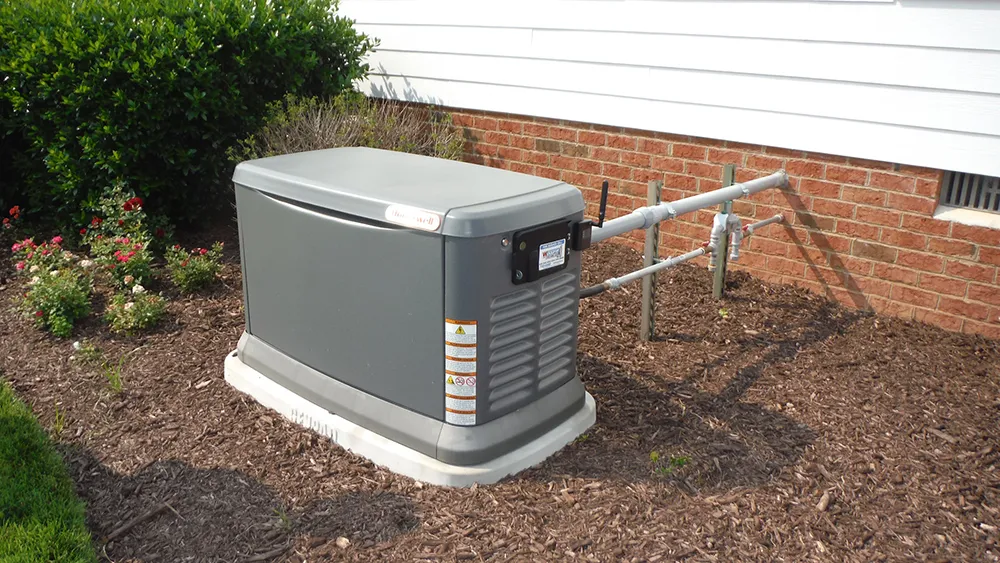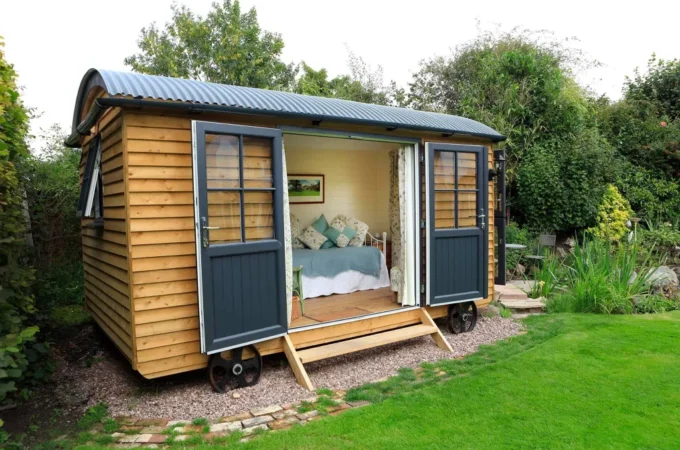
How to Choose the Right Natural Gas Generator for Your Home
A natural gas generator is a device that converts natural gas into electrical energy. Natural gas is a fossil fuel that is composed of methane and other hydrocarbons. It is a relatively clean-burning fuel, and it is widely used for electricity generation, heating, and industrial processes. There are many different types of natural gas generators, ranging from small home generators to large industrial turbines. They are a reliable, safe, and affordable way to generate electricity, and they can be used to supplement or replace traditional power sources. If you are considering a natural gas generator for your home, there are a few things you should keep in mind to ensure you choose the right one. Below are a few tips on how to select the best natural gas generator for your home.
How can you find the right natural gas generator for your home?
When looking to purchase a natural gas generator for home, you will first need to decide which type of generator you would like. There are two types of generators: portable and stationary. Portable generators are smaller and can be moved around, while stationary generators are larger and must remain in one spot. Once you have decided on the type of generator, you will need to select a manufacturer. There are many different manufacturers of both portable and stationary generators, so do your research before making a decision.
Another major consideration is the size of the generator. This will depend on the wattage needed to power the devices or appliances in your home. You should know that not all generators are created equal; some have higher running wattages than others. Another factor to consider is the type of natural gas available in your area. Some generators only run on LP (liquid propane) while others can run on either LP or NG (natural gas). If you have NG available, you will need a generator that is dual-fuel capable in order to take advantage of it.
A natural gas generator is a great option for emergency backup power, but it’s critical to keep it well-maintained so it’s ready to go when you need it. Make sure you clean your generator regularly. This will help it run more efficiently and also prevent dirt and dust from building up and causing problems.

What else can you do to protect your home from storms?
Windows play an important role in your home. Not only do they let in natural light and fresh air, but they also keep out bad weather and pests. It’s necessary to keep them in good condition so that they can continue to serve their purpose. One thing to watch out for is cracks and crevices. During a storm, these can let in water and wind, which can damage your home. You may not be able to see the damage right away, but it can lead to problems down the road. If you do find any cracks or crevices in your windows or doors, fix them as soon as possible. You can use a sealant or caulk to fill in the gaps. This will keep out the bad weather and keep your home in good condition.
Homeowners should know that climate change is causing more extreme weather conditions, which can lead to devastating storms. That’s why you need to take precautions to protect your home against wind and water damage. For example, you should be proactive about roof maintenance if you want to protect your home against storms. That means inspecting your roof regularly for damage and wear. Repair any damage that you do identify as soon as possible. You could also consider installing storm windows and trimming trees that could fall on your home in windy conditions.
A natural gas generator can be a smart investment for homeowners. You’ll have a backup power source in case of an emergency that you can rely on. Additionally, as they are powered by natural gas, you don’t have to worry about storing gasoline or oil, which can be a health and safety hazard. As storms become a more regular part of our lives due to climate change, it’s worth safeguarding your property, which is often your largest investment. Natural gas generators come in a variety of sizes, so you can choose one that is the right fit for your home. They are also easy to operate, and a technician can help you troubleshoot any problems.




